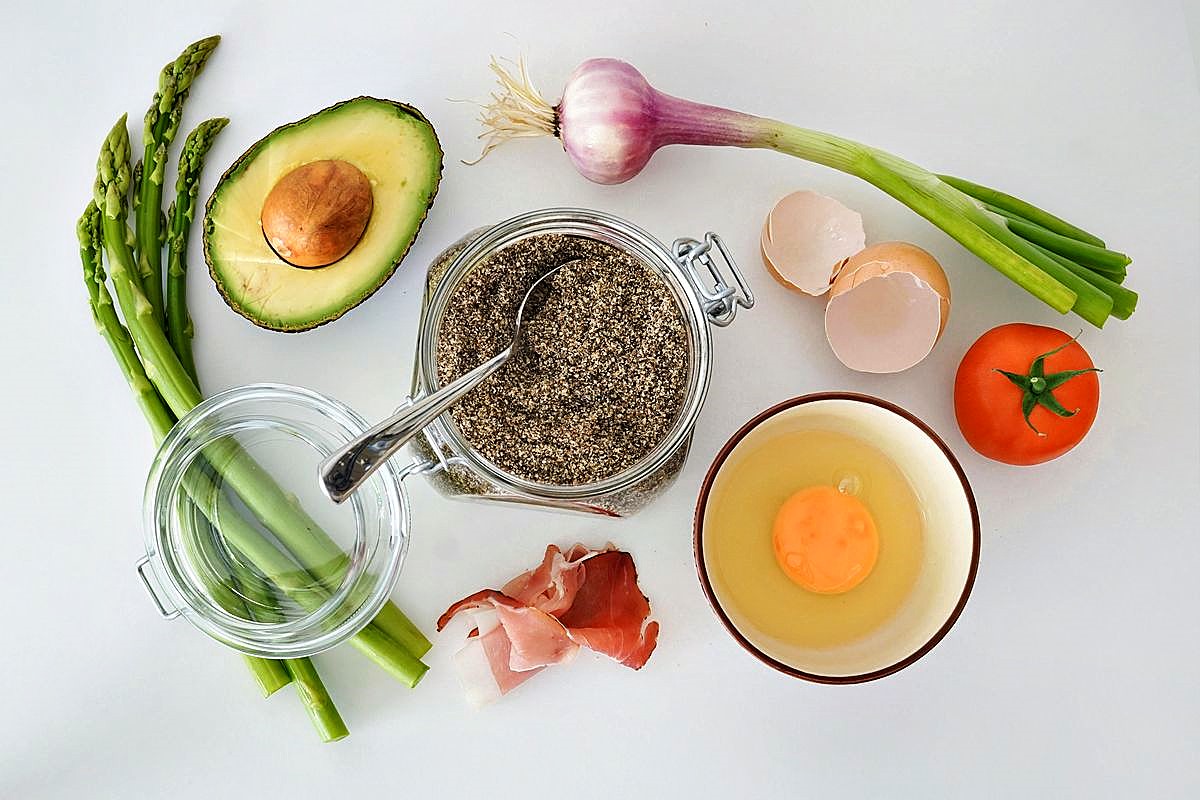Diabetes and insulin resistance have become prevalent health concerns, affecting millions worldwide. While official guidelines aim to provide dietary recommendations, a closer examination reveals inconsistencies and a lack of emphasis on truly low-glycemic foods. This article delves into the importance of embracing a diet rich in nutrient-dense, low-glycemic options to effectively manage and potentially reverse insulin resistance.
🥑 Understanding Insulin Resistance and Glycemic Index
Insulin resistance, a condition closely linked to type 2 diabetes, occurs when the body’s cells become resistant to the effects of insulin, a hormone responsible for regulating blood sugar levels. As a result, the pancreas produces more insulin to compensate, leading to elevated blood sugar levels and a host of potential health complications.
The glycemic index (GI) is a measure of how quickly a particular food raises blood sugar levels after consumption. Foods with a lower GI value are typically associated with a slower and more gradual release of glucose into the bloodstream, making them a better choice for individuals seeking to manage insulin resistance and diabetes.
🥦 The Pitfalls of Conventional Dietary Recommendations
While official guidelines acknowledge the benefits of low-glycemic foods for managing insulin resistance, their recommended food choices often contradict this principle. Many of the “low-glycemic index” foods endorsed by prominent organizations, such as whole wheat bread, muesli, and sweet potatoes, have surprisingly high GI values, ranging from the mid-50s to the 80s.
Furthermore, these guidelines continue to recommend a diet consisting of 45-65% of calories from carbohydrates, predominantly from whole grains and starchy sources. This approach can inadvertently exacerbate insulin resistance by consistently exposing the body to elevated blood sugar levels.
🥥 Embracing Truly Low-Glycemic Foods
To effectively manage and potentially reverse insulin resistance, it is crucial to shift the focus towards truly low-glycemic foods. These include:
- 🥑 Avocados: With a GI value of around 15, avocados are a nutrient-dense and fiber-rich choice that can help regulate blood sugar levels.
- 🥬 Non-starchy vegetables: Leafy greens, cruciferous vegetables, and other low-carb veggies have minimal impact on blood sugar levels due to their low carbohydrate content and high fiber.
- 🥥 Coconuts and coconut products: Coconut meat, coconut cream, and coconut oil are excellent sources of healthy fats and have a negligible effect on blood sugar.
- 🌰 Nuts and seeds: Walnuts, pecans, macadamia nuts, and various seeds provide a satisfying combination of healthy fats, protein, and fiber, with a low glycemic impact.
- 🥩 Protein sources: Lean meats, fish, eggs, and dairy products are naturally low in carbohydrates and have no direct impact on blood sugar levels.
- 🌿 Healthy fats: Extra virgin olive oil, avocado oil, and other high-quality fats can help regulate blood sugar levels and promote overall metabolic health.
By prioritizing these nutrient-dense, low-glycemic foods, individuals can create a sustainable and satisfying diet that supports the management and potential reversal of insulin resistance.
🌱 Building a Well-Rounded Low-Glycemic Diet
While embracing truly low-glycemic foods is essential, it is also important to incorporate a variety of nutrient-rich options to ensure a balanced and well-rounded diet. Here are some tips for creating a comprehensive low-glycemic meal plan:
- 🥬 Fill your plate with non-starchy vegetables: Aim to make them the star of your meals, as they provide essential vitamins, minerals, and fiber while having a minimal impact on blood sugar levels.
- 🥚 Include high-quality protein sources: Lean meats, fish, eggs, and plant-based proteins like legumes and nuts can help regulate blood sugar and promote satiety.
- 🥥 Incorporate healthy fats: Avocados, nuts, seeds, olive oil, and coconut products can provide essential fatty acids and contribute to a sense of fullness.
- 🍓 Enjoy low-glycemic fruits in moderation: Berries, citrus fruits, and other low-sugar options can be enjoyed as part of a balanced diet, but portion control is key.
- 🥛 Choose low-glycemic dairy alternatives: Unsweetened plant-based milks, like almond or coconut milk, and plain Greek yogurt can be good options for those looking to manage insulin resistance.
By combining these nutrient-dense, low-glycemic foods in a balanced manner, individuals can craft a sustainable and enjoyable diet that supports their health goals.
💪 Embracing a Low-Glycemic Lifestyle
Managing insulin resistance and type 2 diabetes requires a holistic approach that goes beyond dietary changes alone. Regular physical activity, stress management, and adequate sleep are also crucial components of a comprehensive lifestyle strategy.
Exercise, particularly resistance training and moderate-intensity aerobic activities, can improve insulin sensitivity and aid in blood sugar regulation. Additionally, practices like meditation, yoga, and deep breathing exercises can help reduce stress levels, which can positively impact insulin resistance.
By adopting a well-rounded, low-glycemic lifestyle that incorporates nutritious foods, regular physical activity, and stress management techniques, individuals can take proactive steps towards managing and potentially reversing insulin resistance.
🌟 Conclusion
The prevalence of insulin resistance and type 2 diabetes demands a reevaluation of conventional dietary recommendations. By embracing truly low-glycemic foods and prioritizing nutrient-dense options like avocados, non-starchy vegetables, nuts, and high-quality proteins, individuals can create a sustainable and effective dietary approach to managing insulin resistance.
It is time to challenge the outdated notion that whole grains and starchy carbohydrates are essential components of a healthy diet for those with insulin resistance. By empowering ourselves with knowledge and embracing a low-glycemic lifestyle, we can take control of our health and pave the way towards a future free from the debilitating effects of insulin resistance and its associated complications.
Copyright © 2025 Hea1th.net

